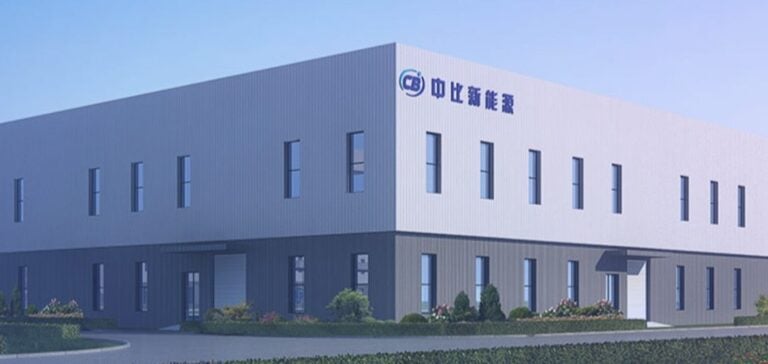CBAK Energy Technology, a company specializing in lithium-ion and sodium-ion batteries, is accelerating the development of its Phase II project in Nanjing. This initiative aims to enhance the production capacity of cylindrical batteries to meet growing global demand.
A structured project for growth
Phase I, operational since late 2021, is dedicated to producing 32140 cylindrical cells across two production lines. With an annual capacity of 1.3 GWh, this phase is currently operating at full capacity, reflecting increased orders in 2024.
Phase II, under development, will add a total of 27 GWh of capacity. In this stage, the first two production lines, which will provide an additional 3 GWh, will begin testing in May 2025. Full production ramp-up is scheduled for the end of 2025.
Flexibility and industrial innovation
The new lines will focus on producing 32140 cells while offering flexibility to manufacture the improved 40135 model. The latter is designed for applications such as home energy storage and portable solutions, meeting diverse market needs.
Responding to global demand
CBAK Energy is adjusting its industrial strategy to align with market dynamics. By increasing production capacity and innovating in its cell models, the company aims to strengthen its presence in the energy storage and portable solution sectors.
CBAK Energy’s expansion efforts are part of a global energy transition, where high-performance batteries play a critical role in renewable energy systems and increasing electrification.





















